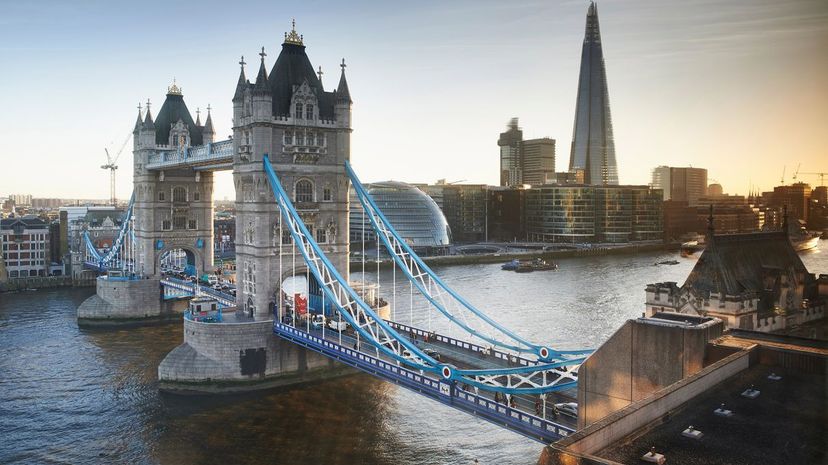
About This Quiz
Even Simon Schama doesn't know everything there is about Britain and Northern Ireland. The UK, its history, its culture, its natural history, are all so vast and fascinating that many historians come to specialise in the minutia of a single aspect of it. Indeed, whether it is the history of British roads or the history of the Norman invasion, there is so much to know, it is difficult to feel as though one is a handle on it all.
What makes it particularly challenging to know all there is to know is the sheer amount of trivia that comes from being the nation that invented so much of the modern world. From the creation of the modern railroad to the choice to put spots on the football for the first televised football games, innovations coming from people deemed citizens of the United Kingdom have changed the course of history, usually, one hopes, for the best.Â
Are you as well-versed in the achievements of Bazalgette as you are with native British snakes? Would you be able to name your member of parliament? How well do you know the history of British sport, or British art and culture? Put on your thinking cap, because it's time to test your knowledge.

Reaching triple digits is an achievement in and of itself, and that's why all British centenarians get a lovely note from Her Majesty to celebrate the occasion. Better yet, if you make it to 105, you get another one!
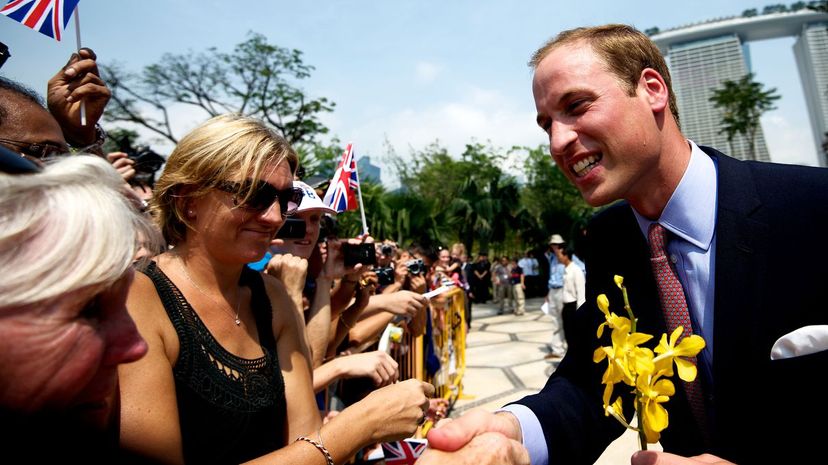
William is a prince, so technically, the proper form of address is "Your Highness." However, he holds a royal dukedom, so you would properly refer to him as the Duke of Cambridge. The system is seen as a bit strange by many, but Britain hangs onto it anyway.

There are plenty of speakers of regional languages such as Cornish and Gaelic, though they don't generally get road signs in translation the way that the Welsh do! Alas, though, Norse is not spoken in Britain, though it has given many words to the English language.
Advertisement

There is a very high level of wealth inequality in the United Kingdom, but the income distribution curve is actually flatter than many people realize, with the higher tax brackets kicking in relatively low compared to the much less-equal United States. If you make more than £160,000, you are in the top 1% by income, less than half of the equivalent figure in the USA.
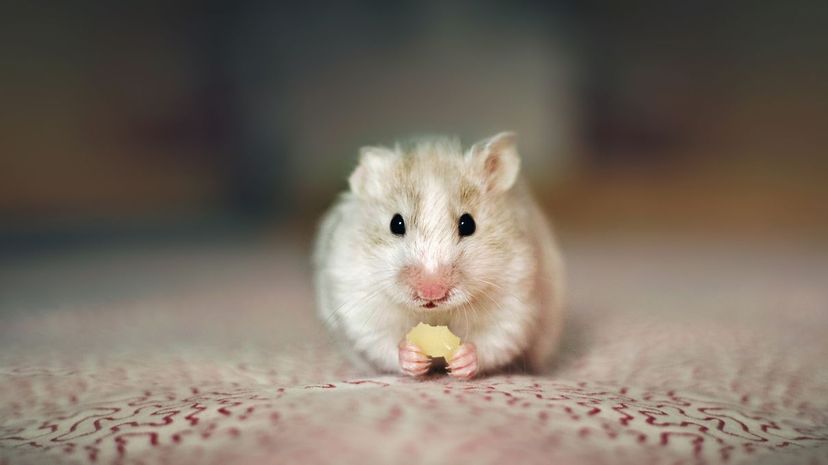
Dogs just about squeak past cats as the most popular pet in the UK, with 26% of households having one, compared to 24% for cats. The percentage of British homes that have any kind of pet is just above 50%.
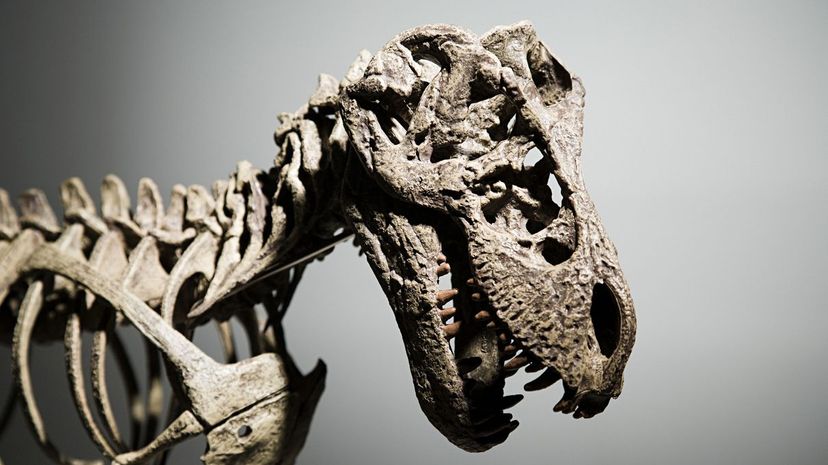
Mary Anning was one of only two children out of 10 who survived to adulthood. She supported her family by selling fossils she found on the Jurassic Coast near her home, and soon became notable within the field of paleontology. She is the first scientist to discover the full skeleton of a plesiosaur.
Advertisement
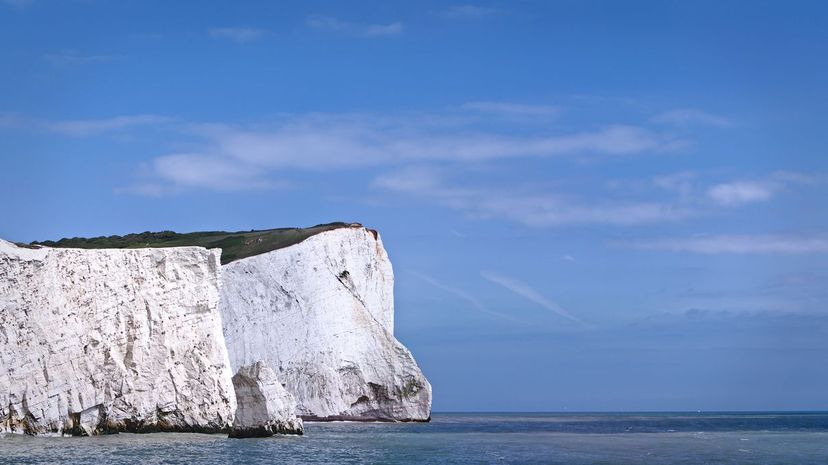
The 1,043 feet of Hangman Cliffs tower over the coast on the edge of Exmoor. This is by far the tallest cliff in the United Kingdom and is happily protected by being designated an Area of Outstanding Natural Beauty.
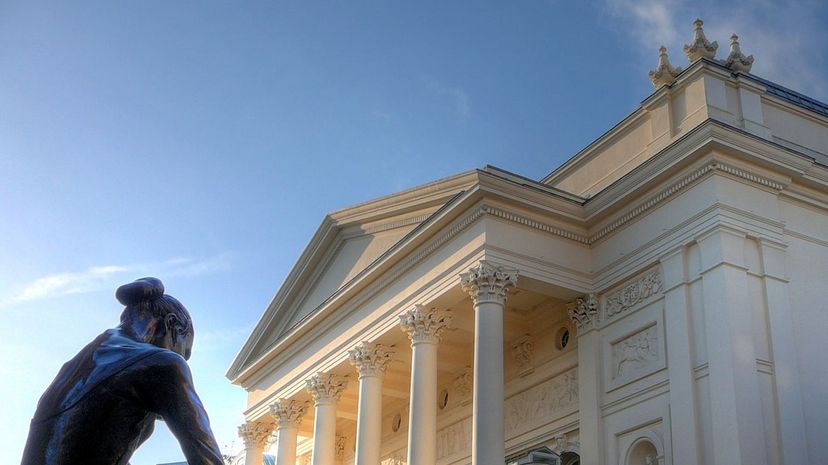
The Royal Opera House was founded in 1732, but it is not the first performing arts venue on that site. The Covent Garden Theatre was previously on the site and has lent its name to the opera house as a nickname.
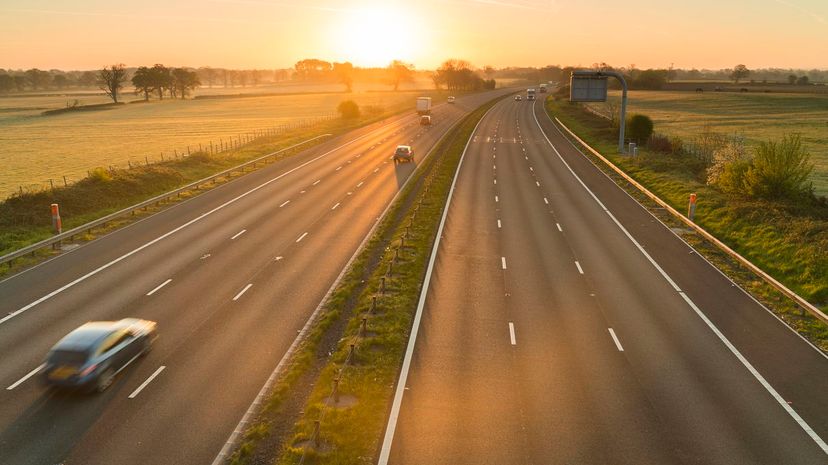
Getting from Newcastle to Edinburgh is a challenging drive due to the lack of a road big enough for the level of traffic. It's a much more beautiful journey to make by train if you can stomach the ticket price!
Advertisement
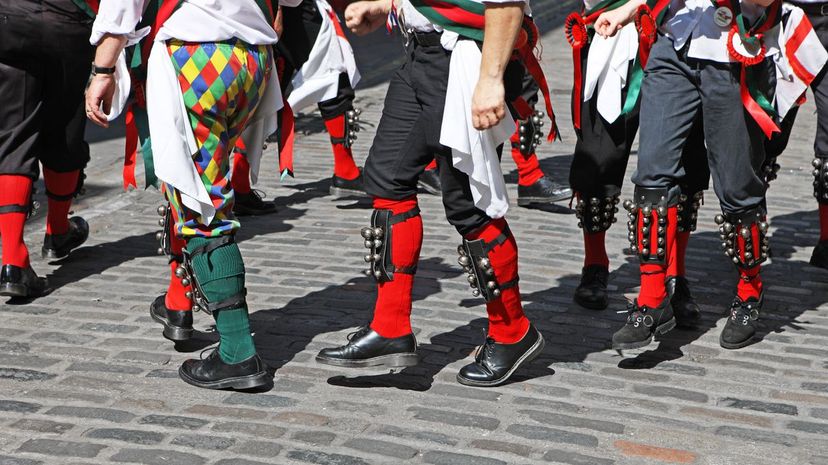
Morris dancing is a curious British tradition dating back to at least the 1400s. It involves bells on the knees, and sticks that are knocked together. It was already considered dated by Elizabethan teams, so these days you will mostly see it at historical reenactments.
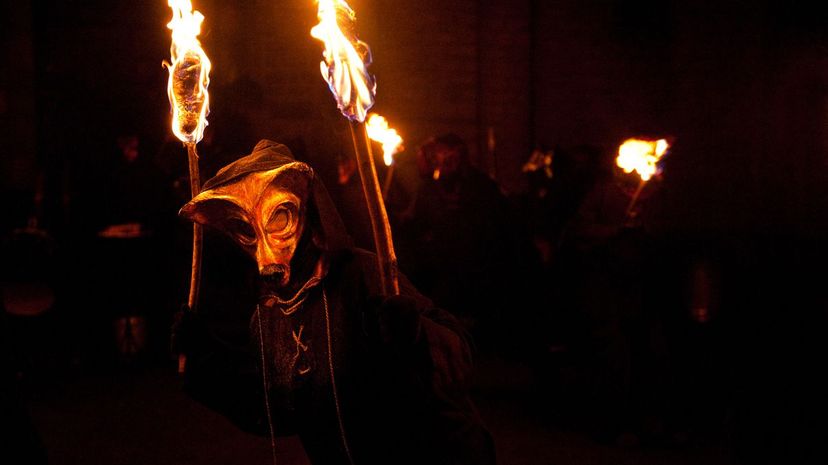
Up Helly Aa refers to several fire festivals that take place on the Shetland Islands. It marks a celebration of midwinter and is a pagan tradition that predates the arrival of Christianity in these fair isles.
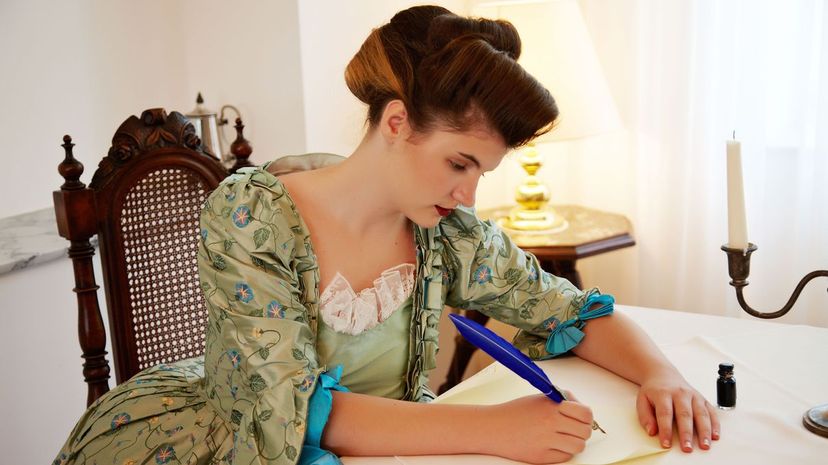
Up to half of the girls were called Mary in 1800, such was the popularity of this name. Other leading contenders included Elizabeth, Margaret, Susan, Sarah and Emily, but none of them came close to dethroning the mighty Mary!
Advertisement
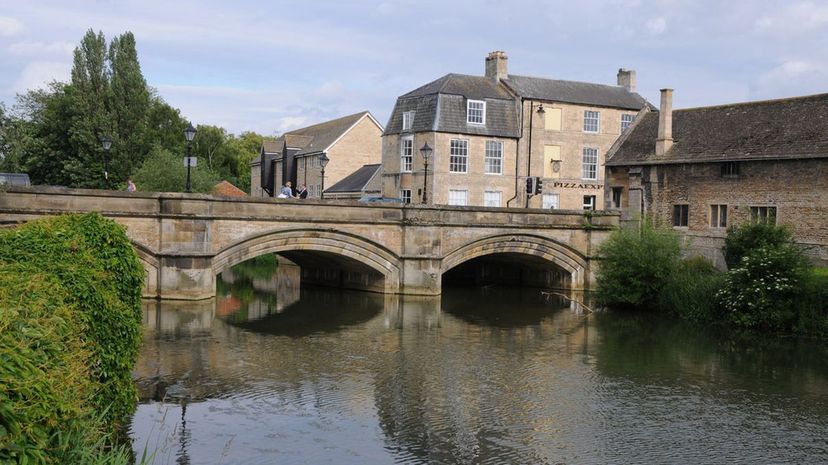
The Battle of Stamford Bridge took place between King Harold of England and the similarly-named Harald Hardrada, a Norwegian with a claim to the throne. The first Harold won and was thus able to head south and take on William, Duke of Normandy, at the Battle of Hastings.

Nearly all wartime transatlantic traffic stopped in Bermuda, including flights, so the censors had to intercept vast quantities of mail, including plenty of Nazi contacts with sympathisers in the U.S. Most of the censors were women, and they worked six days a week in hot and stuffy conditions.
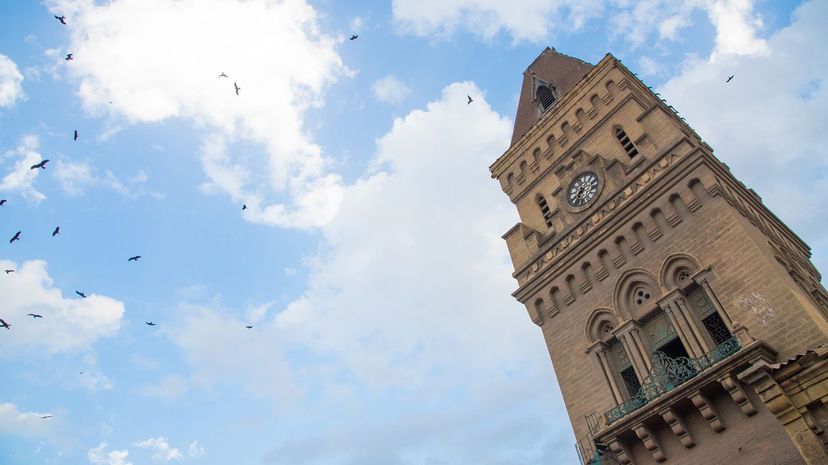
While the British Empire typically gets some credit from historians for abolishing the transatlantic slave trade in 1807 and then slavery altogether in 1833, it still played an enormous role in setting up the whole system in the first place. The empire also spent a huge amount of money to compensate slave owners, but not enslaved people themselves.
Advertisement
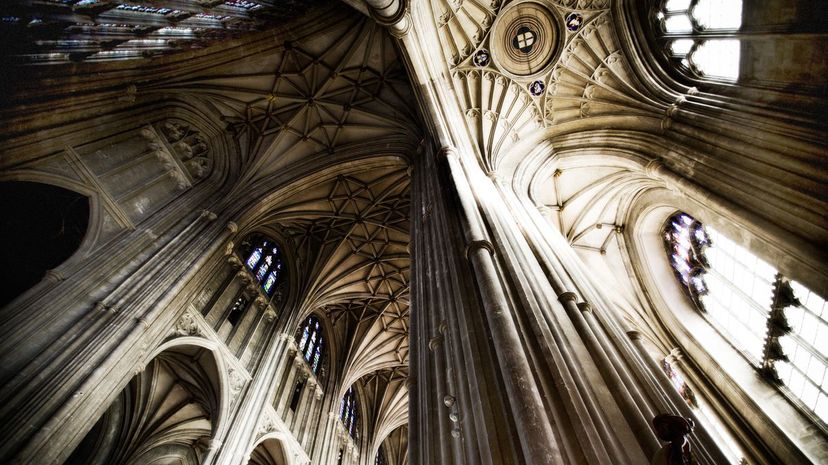
It should come as no surprise that the cathedral that plays the most prominent role in the Church of England as the home of the Archbishop of Canterbury is also the oldest in the nation. Built around 1070, Canterbury is well worth a visit!
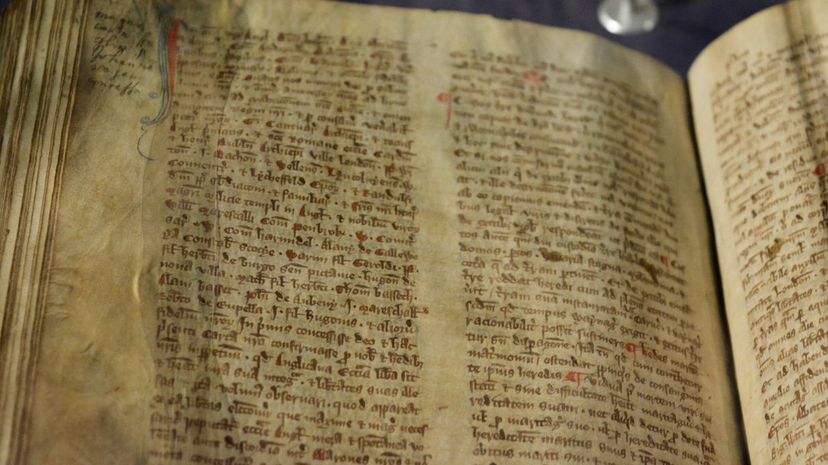
A direct line can be drawn from the Magna Carta to the U.S. Constitution, and almost every other major Western document concerning laws and human rights (though there are other inspirations, naturally). Establishing that even the king was subject to law, the Magna Carta is a seminal moment in British history.
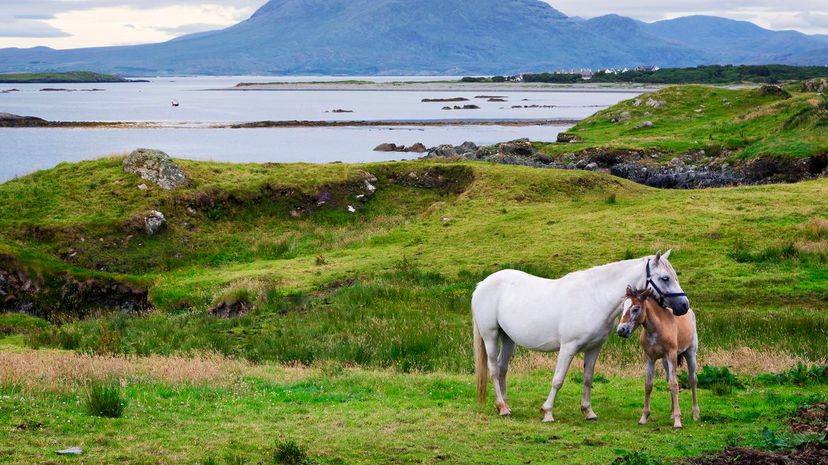
Connemara is in the Republic of Ireland; hence, its beautiful ponies are not from the UK. Dartmoor, Shetland and New Forest ponies, however, are among the most adorable and beloved inhabitants of these isles.
Advertisement
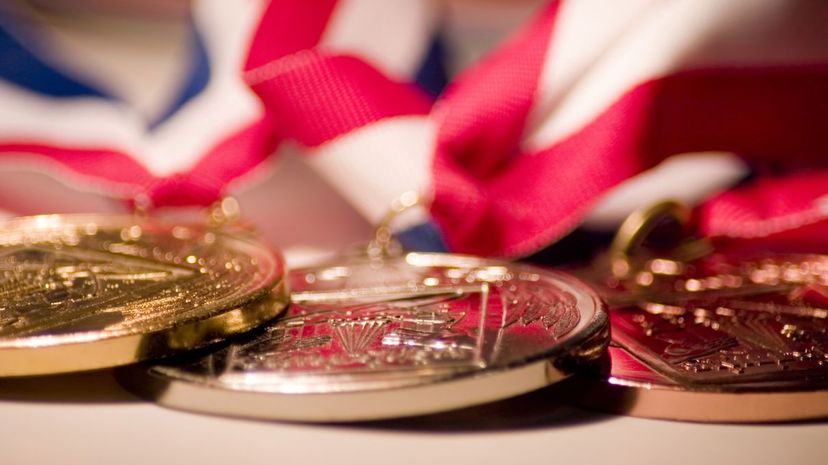
1966 is an important year in British sports, but only because it marks the last time that England won the World Cup. The three Olympics that have occurred on British soil took place in different years, most recently in 2012.
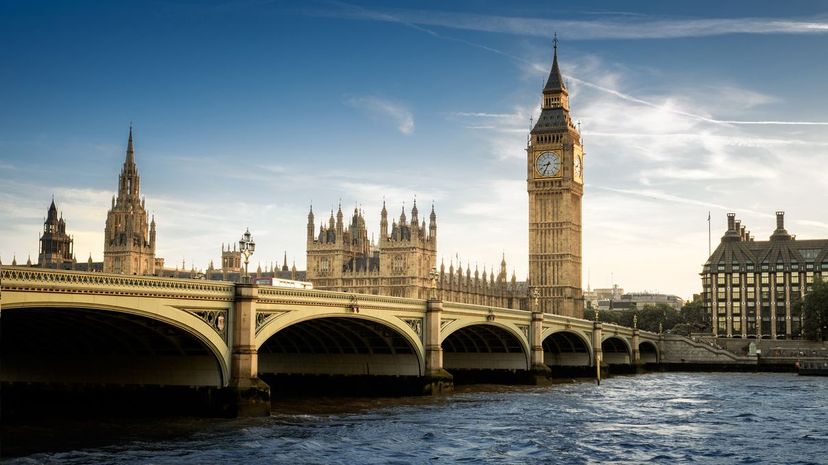
Taking place in 1896, this is history's shortest war, in which the mighty British Empire crushed poor Zanzibar and made it a "protectorate." Fortunately for Zanzibar, they bided their time and gained independence in 1963, meaning plenty of Zanzibaris born before colonisation managed to live to see the end of it.
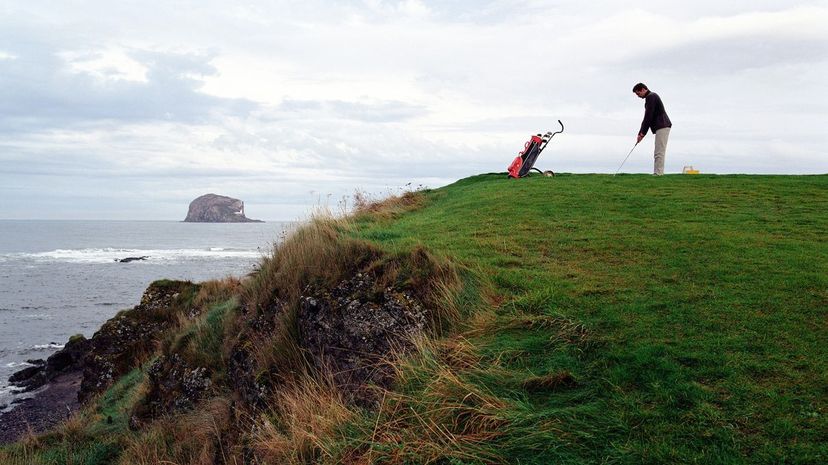
Scotland is the home of golf, perhaps a surprising truth considering that Scottish weather is so changeable that staying outside for the several hours it typically takes to get around a course can be quite a challenge. Still, this has never slowed the Scots down in any other part of life, and golf is the same!
Advertisement
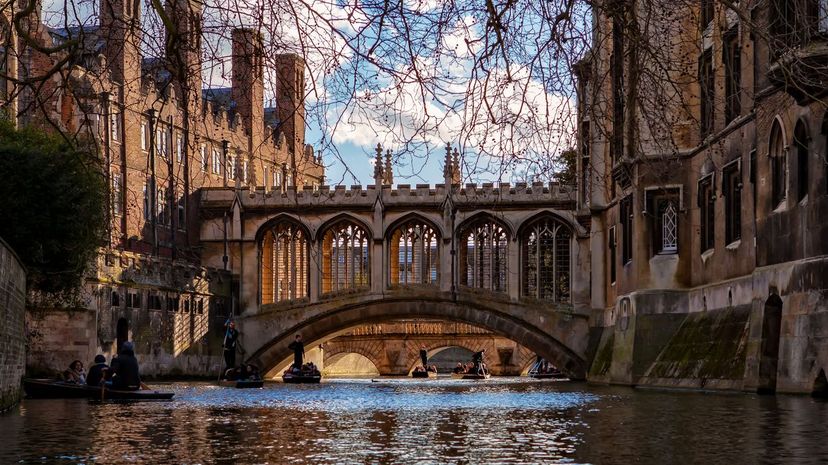
According to legend, Sir Isaac Newton was sitting under an apple tree when a fruit fell on his head, prompting him to ask the question of what force resulted in this outcome. Whether or not the apple story is true, we know he published his Theory of Gravity in 1687.
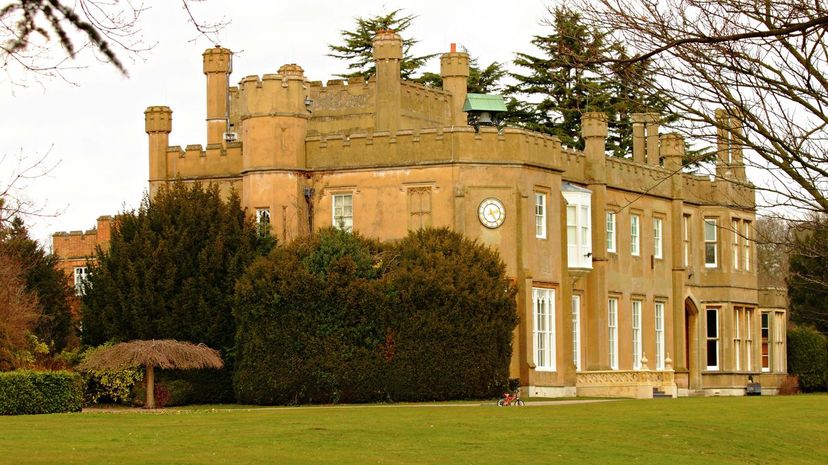
Nonsuch Palace was named because there had been no palace as glamourous (according to Henry VII, anyway). It didn't last very long, much like the reign of the son, Edward, for whom he built it.
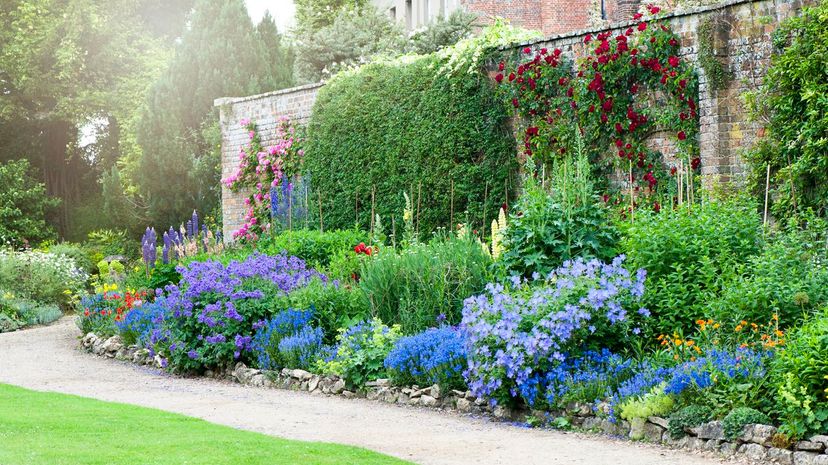
It is hard to imagine British food without potatoes these days, from chips to roasties to mash. Still, not until Sir Walter Raleigh gifted potato plants to Elizabeth I did this wonderful tuber make it to our shores, at which point it promptly changed mealtimes forever.
Advertisement

999 is the official number for the emergency services in the UK, but this does not mean you can't get help in other ways. 112 is a pan-European number. 911 works too, allegedly because so many Americans were dialling it that the compassionate British decided they weren't going to learn any better. It's unclear whether this is true, but at least it means there are several ways to get help!
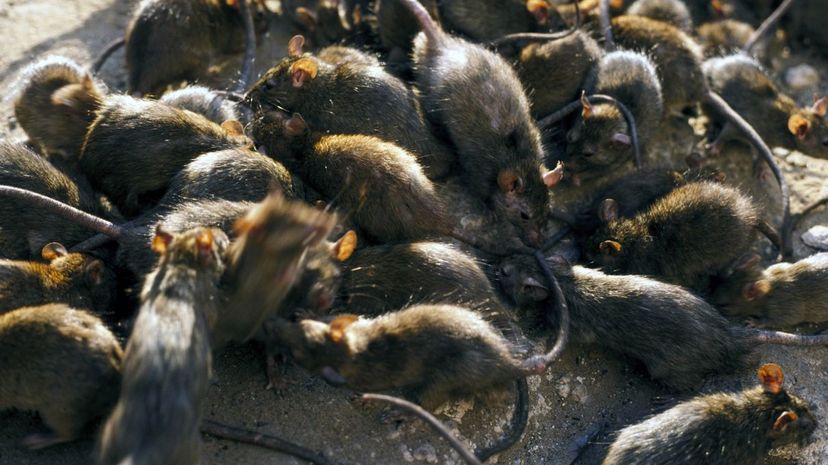
The Black Death wiped out up to 60% of Europe's population in places. As horrific as this was, once it passed, a massive social change occurred wherein workers were suddenly in short supply, thus held more power. Wages in some places doubled, and the feudal system was permanently weakened.
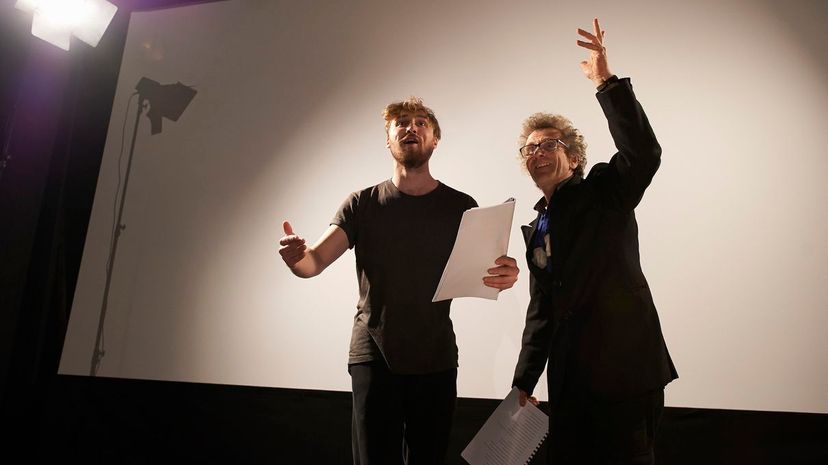
"The Mousetrap" has been running for an incredible 68 years. A whodunnit mystery that is based on the Agatha Christie novel of the same name, the play owes its longevity to theatre audiences' willingness to keep the secret after they see the show.
Advertisement
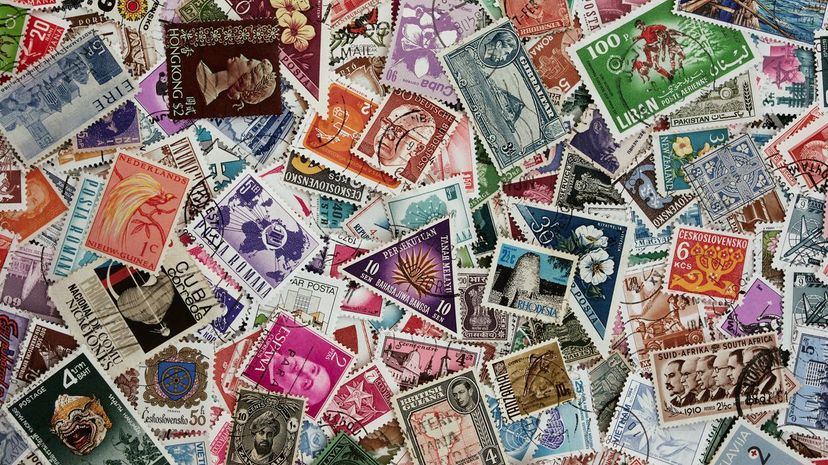
It used to be the case that sending a letter either meant paying a trusted courier upfront or being able to pay when a letter was brought to your door. Once literacy became widespread, a better system was needed, and postage stamps were the result, brainchild of Sir Rowland Hill.
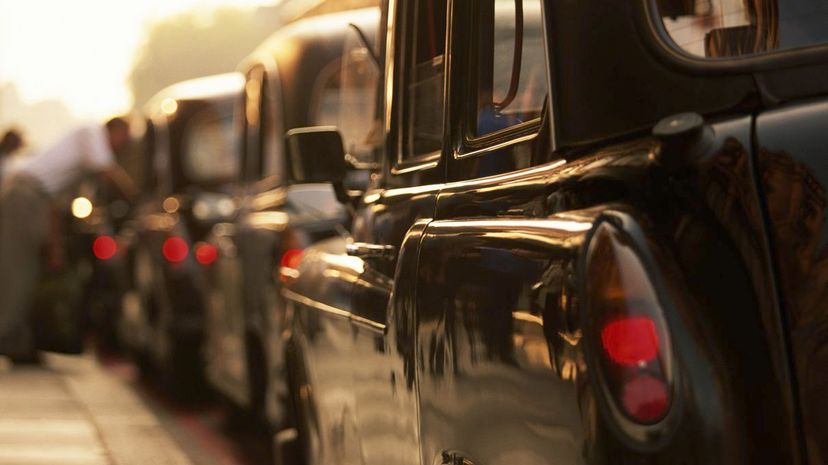
Despite the rise of Google Maps and Uber, black cab drivers in London still have to take the Knowledge. This gives them an understanding of London's streets and traffic patterns that algorithms have been unable to rival thus far. Some day this may change, but not yet!
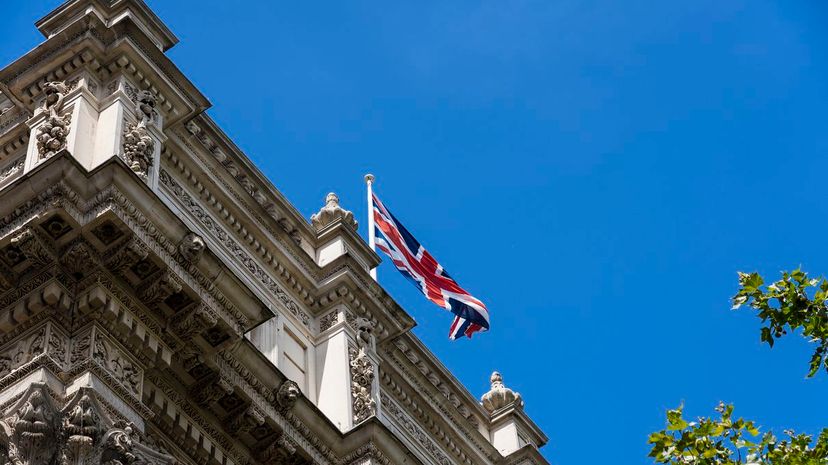
Margaret Thatcher took office in 1979 and hung on until 1990. Her party stayed in power another seven years afterwards. Thatcher was a highly polarising figure and remains equal parts loved and loathed by British people.
Advertisement
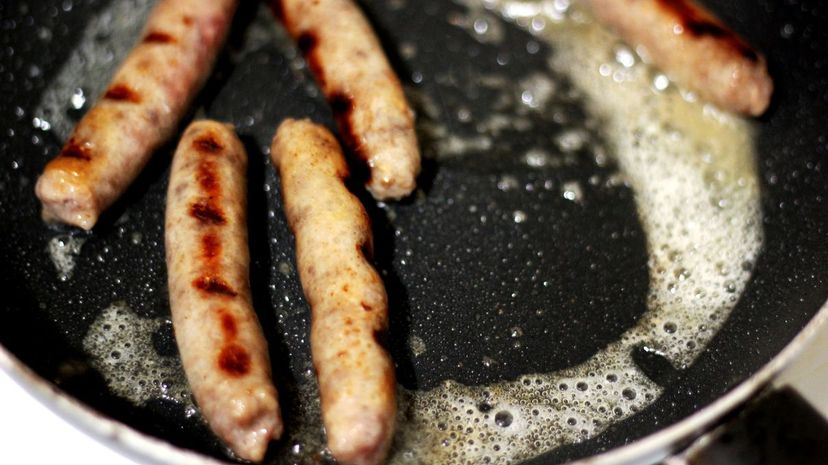
A banger is a nice fat pork sausage that is ideal for just about any meal. It can be hard to find an authentic one outside the UK, with Americans who have tried it spending large sums to acquire the genuine article on home soil.
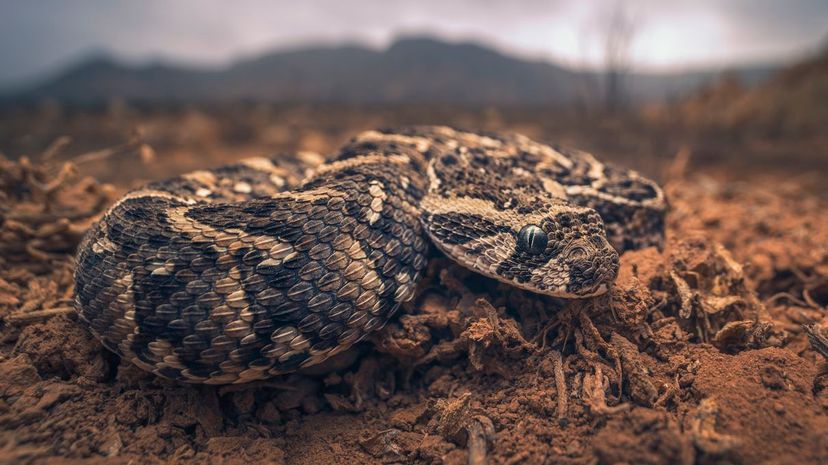
The adder's bite is not particularly dangerous to most people, though it can cause serious harm to children. British wildlife is generally pretty tame, however, meaning the adder is still one of the more frightening inhabitants of the country.
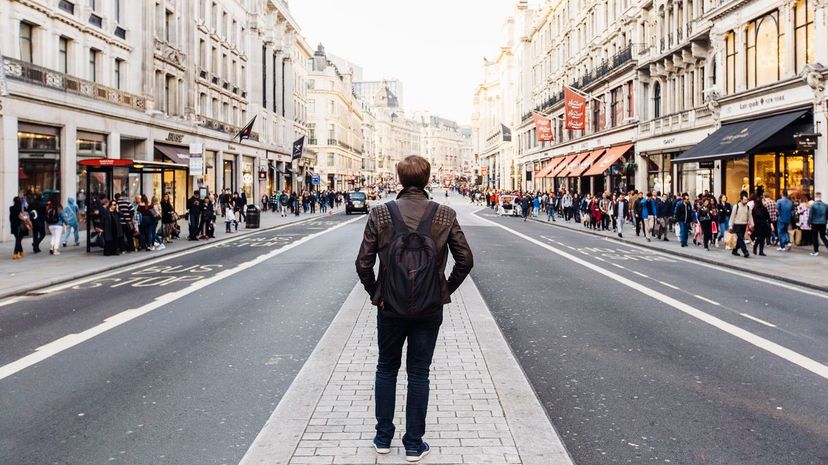
Smith is the most common name in Britain because all villages had at least one blacksmith at the time that surnames became widespread. Williams and Jones hold the second and third spots, and Clarke comes in at number 25.
Advertisement
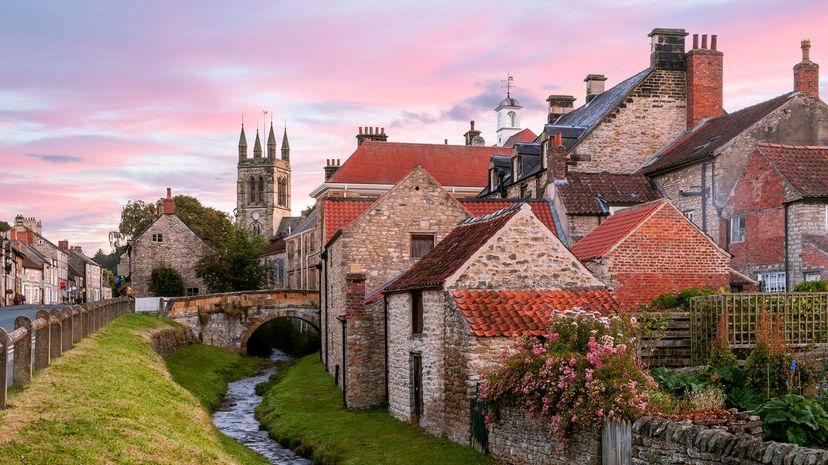
One thing we Brits do particularly well is invent sports then get consistently beaten at them by other nations, a pattern that holds true across football, cricket and, of course, rugby. However, the tables were turned in 2003 when captain Martin Johnson led a terrific team to victory.
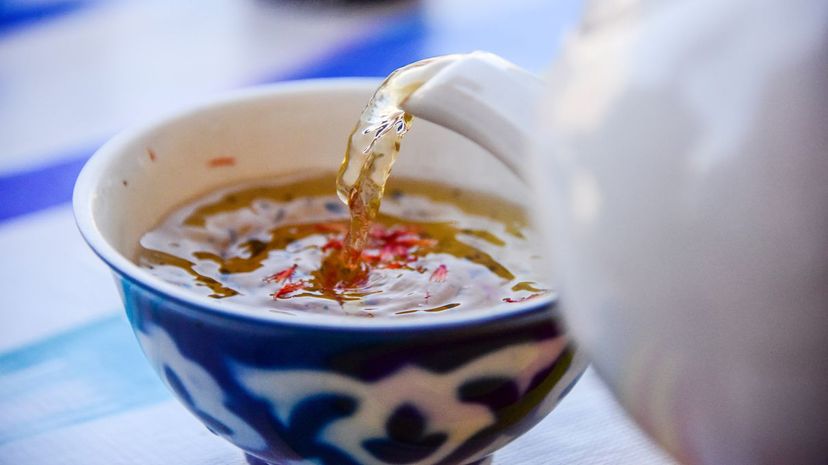
The British drink more tea per day than Americans, and not just per head. That is, we actually drink more total tea despite having one-sixth of the population. It's an impressive feat, but not one that we brag about. We're much more interested in a nice relaxing cuppa.